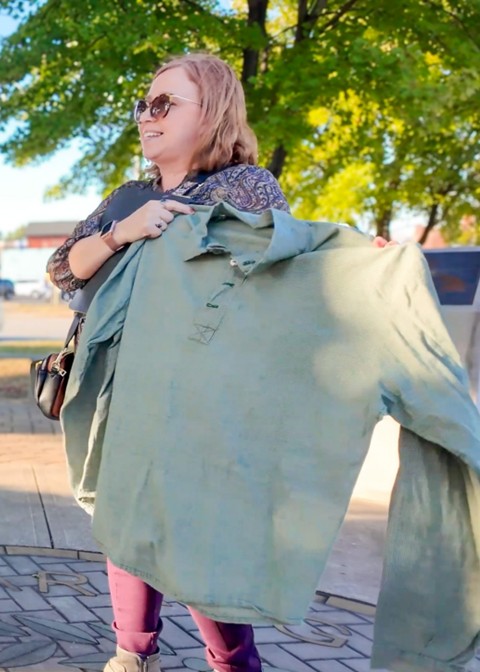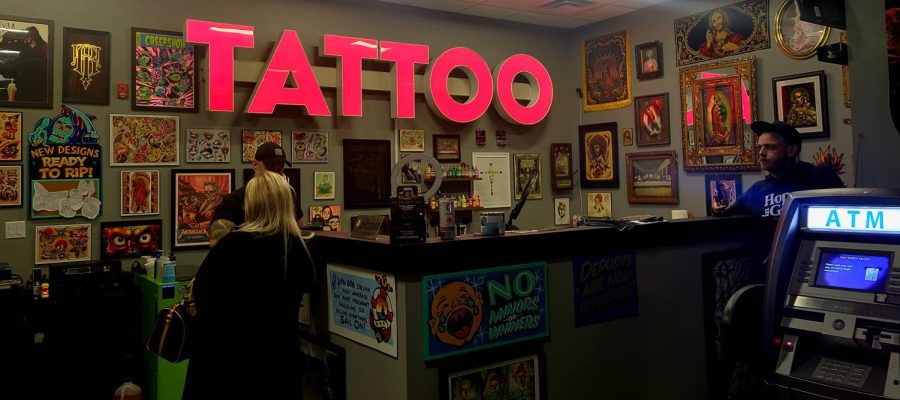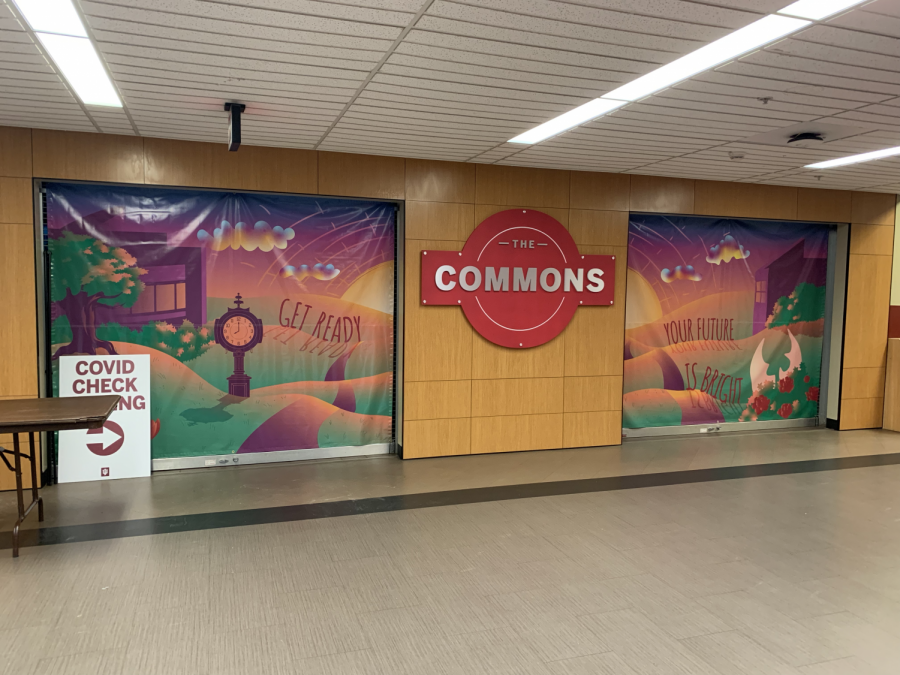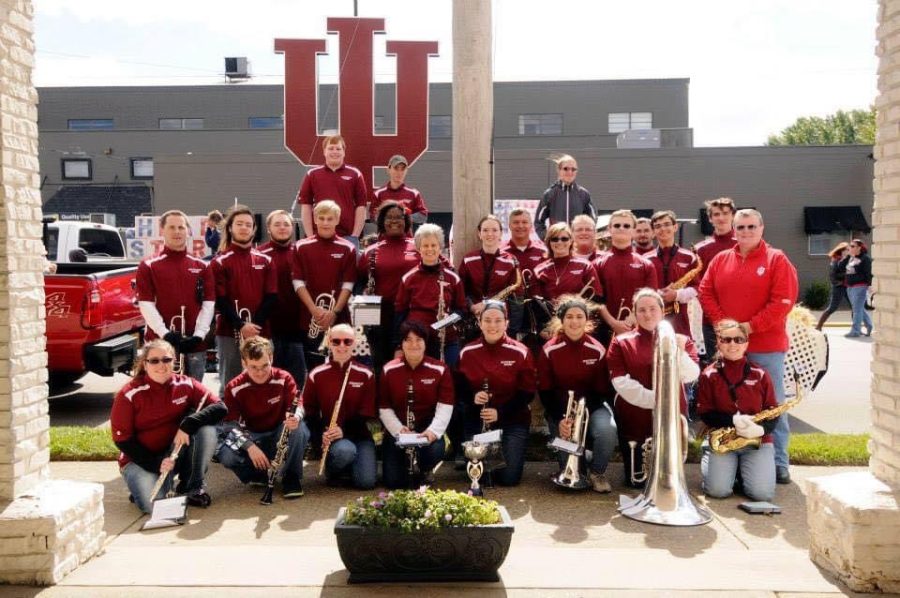It was a dark, still night in Floyds Knobs when Chris Brody, psychology junior, saw something in the woods that he wouldn’t soon forget.
“I was at a buddy’s house in the seventh grade,” Brody said. “We were walking along the edge of the woods, just looking around.”
Brody’s friend had told him that the woods behind his house were haunted. So, naturally, the two had to go and find out for themselves.
“I saw this flash of white above my head go across the woods,” he said. “Then there was a rustle of leaves. And it was a windless night. I was just like, ‘Alright, what was that?’”
He and his friend waited, hoping to see the light again. Nothing.
While they didn’t end up seeing the light a second time, Brody is sure that it wasn’t a reflection of light from somewhere in the distance.
This wasn’t the last paranormal experience for Brody.
A few years later, in high school, he went to a get together with a group of friends, and the host of the party wanted to try to perform a séance.
“I don’t know what that is and I’m kind of freaked out,” he said, recalling his feelings from that day.
The group of six grabbed some candles and went into the kitchen, an open room with a tall ceiling. They lit the candles, sat around the table and prepared for the séance.
“She said, ‘If anyone doesn’t believe or doubts, you need to leave,’” he said. “Of course I doubted. But, I thought it was kind of crazy. Even though I probably shouldn’t be doing something like this, I decided to stay.”
To start the séance, they asked the spirit if it could move the flames of the candles. Brody said that some of the candles did flicker, but he wasn’t buying into it just yet. Candles flicker all the time, he told himself.
When it came time for him to ask the spirit to show if it was there, he asked it to knock on the ceiling. Right after Brody had asked, everyone heard knocks on the ceiling.
“Everybody got kind of freaked out and excited after that,” he said. “I was just like, ‘oh my gosh.’ So we stopped for a little while after that.”
In stories like these, it can sometimes be difficult to find a complete answer to exactly what happened. At a recent campus event, Pseudoscience: Why Do People Believe in Unscientific Things that Lack Supporting Evidence, Todd Manson, assistant professor of psychology, talked about what makes people believe in the paranormal.
This phenomenon can also be seen when people visit psychics, Manson further explained.
The people that want to be there and believe the psychic will usually forget all the times the psychic was wrong.
“So if someone thinks that Waverly Hills is haunted and they go there,” he said, “they’re going hear something there that confirms that, or they’re going to see something weird and interpret that as a paranormal event.”
Later into the evening, Brody and his friends moved to the basement and decided to try calling the spirit again. Before they tried channeling the spirit for a second time, Brody had taken notice of a black cat walking around the basement.
“Great, we’re summoning spirits and there’s a black cat,” he recalls. “Perfect.”
They turned out all the lights, sat on the ground and started their second séance.
“So I asked, ‘If you’re here, move my shoelace,’” Brody said, “and that stupid black cat walked over to my shoe and for some reason it only moved my shoelace. I had to walk upstairs. I was done.”
Even though he’s still not sure if they actually contacted a spirit, Brody said that he’s still a spiritual person since he is a Christian. He believes you can contact spirits, but he doesn’t think the spirits people encounter are actually ghosts.
As for trying a séance again, Brody’s stance is certain.
“All I know is that I would never do it again,” he said. “Never. In all caps, never again.”
“First and foremost, it’s fun for a lot of people,” Manson said. “It’s fun to think that Waverly Hills is haunted and ‘I’m going to see a ghost.’”
But after that, it gets a little more psychological. Manson discussed phenomenon known as the confirmation bias.
“That’s essentially the idea that if someone believes in something, they are biased in how they think about that,” Manson explained. “They will tend to look for things that support that and ignore the things that don’t.”






